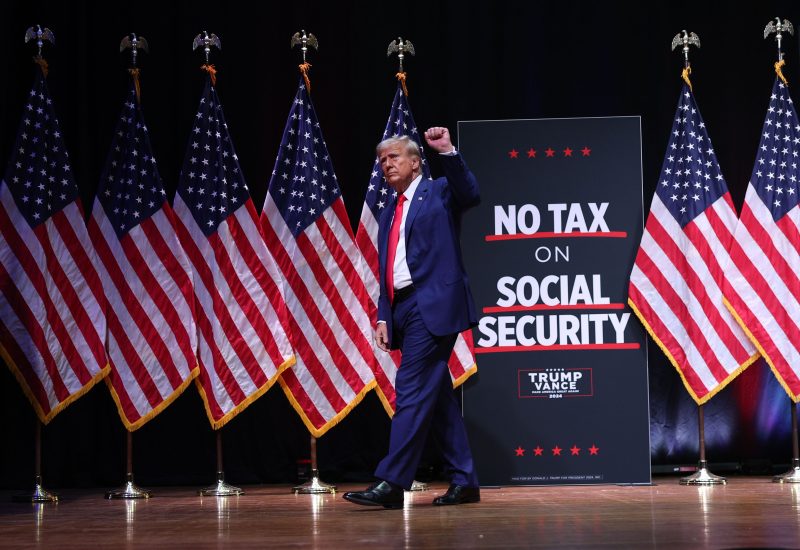In his recent speech in North Carolina, former President Donald Trump signalled a shift in his trade policies towards the possibility of expanding tariff plans. This move has sparked a debate among economists and policymakers, with some supporting the idea as a means to protect domestic industries and address trade imbalances, while others caution against the negative consequences of such a strategy.
Proponents of expanding tariff plans argue that tariffs can help to protect domestic industries from unfair competition and safeguard national security interests. By levying tariffs on imports, the government can make foreign goods more expensive and provide a competitive advantage to American companies. This can lead to increased domestic production, job creation, and economic growth in the long run. Moreover, tariffs can be used as a bargaining tool in trade negotiations to address issues of intellectual property theft and market access.
On the other hand, critics of expanding tariff plans warn that such a move could have detrimental effects on the economy. Tariffs are essentially a tax on consumers, as they lead to higher prices for imported goods. This, in turn, can reduce consumer purchasing power, slow down economic growth, and potentially lead to inflation. Moreover, tariffs can provoke retaliation from trading partners, sparking trade wars that harm both domestic and global economic stability. Additionally, the uncertainty created by frequent changes in trade policies can deter foreign investment and disrupt supply chains, further dampening economic prospects.
It is essential for policymakers to carefully weigh the potential benefits and drawbacks of expanding tariff plans before implementing any new trade measures. While protecting domestic industries and addressing trade imbalances are valid concerns, it is crucial to consider the broader economic impact of such policies. A balanced approach that takes into account the interests of various stakeholders, including consumers, businesses, and trading partners, is necessary to ensure sustainable and inclusive economic growth.
In conclusion, former President Donald Trump’s openness to expanding tariff plans raises important questions about the future direction of U.S. trade policy. As the debate unfolds, it is essential for policymakers to consider the potential benefits and risks of such measures in order to chart a path that promotes economic prosperity while maintaining a stable and cooperative global trading environment.

